Three Turkish banks to cut Russia’s MIR system under US pressure: Report
The last three Turkish banks still processing Russian payments are reportedly pulling out under pressure from Washington.
On Wednesday, Turkish broadcaster NTV reported there were no banks left in Turkey that accept MIR transactions.
The three banks are said to still process the outstanding payments, but they have set a future date for pulling out.
Turkiye Halk Bankasi, TC Ziraat Bankasi and Turkiye Vakiflar Bankasi plan to stop processing payments using MIR following similar decisions by two of Turkey’s major private banks last week.
Weeks of growing pressure from the United States culminated in Turkey limiting its financial relations with Russia.
Last week, the US Treasury warned that Turkish banks working with MIR bank cards "risk supporting Russia's efforts to evade US sanctions" and could themselves face economic penalties.
MIR cards offer millions of Russians vacationing in Turkey each year a way to access their rubles and pay for everything from restaurants to hotels. It was not clear from when Russians would no longer be able to access their cards in Turkey.
More than half of Russia’s population is estimated to have a MIR card, which Russia began developing in 2015 to bypass Western sanctions.
Russia established MIR, which means both “peace” and “world” in Russian, in 2017 as an alternative to international financial services like Visa and Mastercard.
Countries such as Cuba and South Korea have joined the payment service while MIR cards work in several former Soviet republics as well as in Turkey. The United Arab Emirates is said to be also planning to join MIR.
The Kremlin’s spokesman Dmitry Peskov has criticized Washington for pressuring the Turkish banks to stop processing MIR bank card payments. “It's clear that banks and economic operators are under the strongest possible pressure from the United States and they are threatened with secondary sanctions on the banking system. And this decision, of course, was made under this unprecedented pressure.”
On September 23, Turkish President Recep Tayyip Erdogan chaired a meeting that officially focused on looking at "alternatives" to the Russian cards.
Read more:
- Putin: West cannot isolate Russia, hinder its progress by sanctions over Ukraine
- Russia: Sanctions by West cannot force Moscow to change course
Erdogan has to date not joined the West in imposing sanctions against Moscow over Russia’s operation in Ukraine.
Since late February, bilateral trade between Russia and Turkey has been a source of growing concern in Washington. The value of trade between the two rose by more than 50 percent. Turkey has also agreed to pay for a quarter of its Russian natural gas imports in rubles.
A range of economic agreements with Russia have helped prop up the ailing economy in the run-up to the 2023 elections in which President Erdogan will struggle to extend his two-decade grip on power.
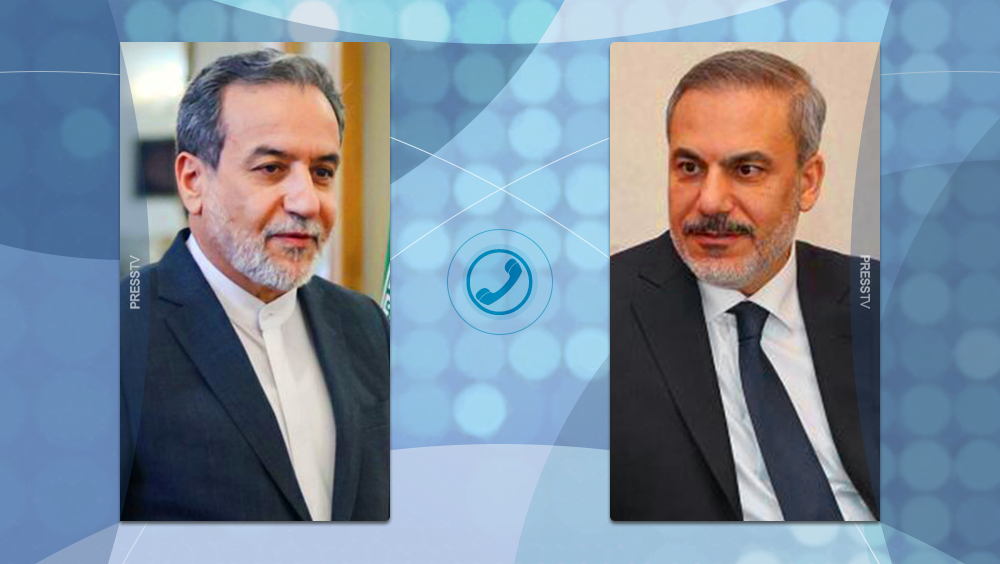
Iran, Turkey foreign ministers discuss Muscat talks, other regional issues
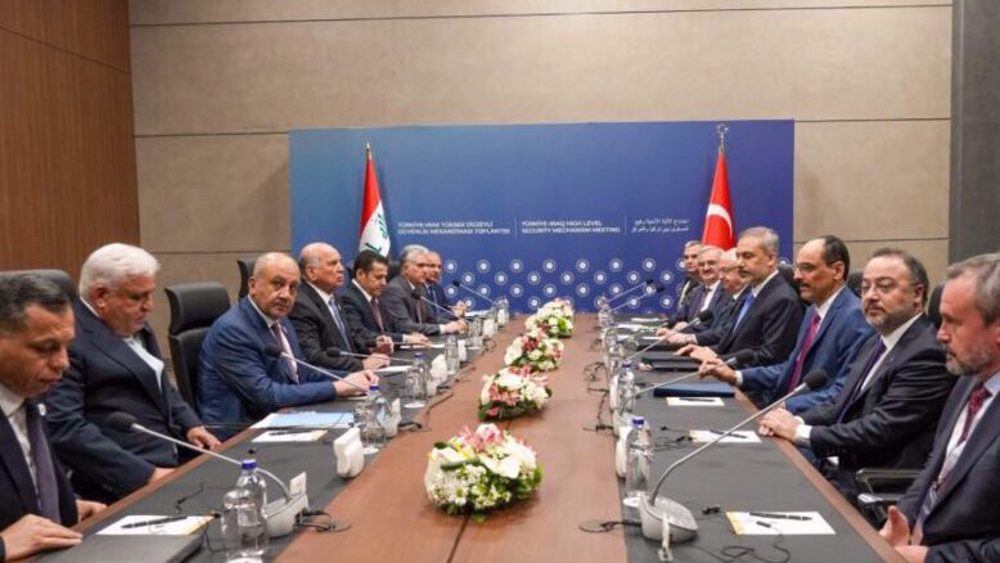
Iraq warns Daesh threats ‘resurging’ in Syria
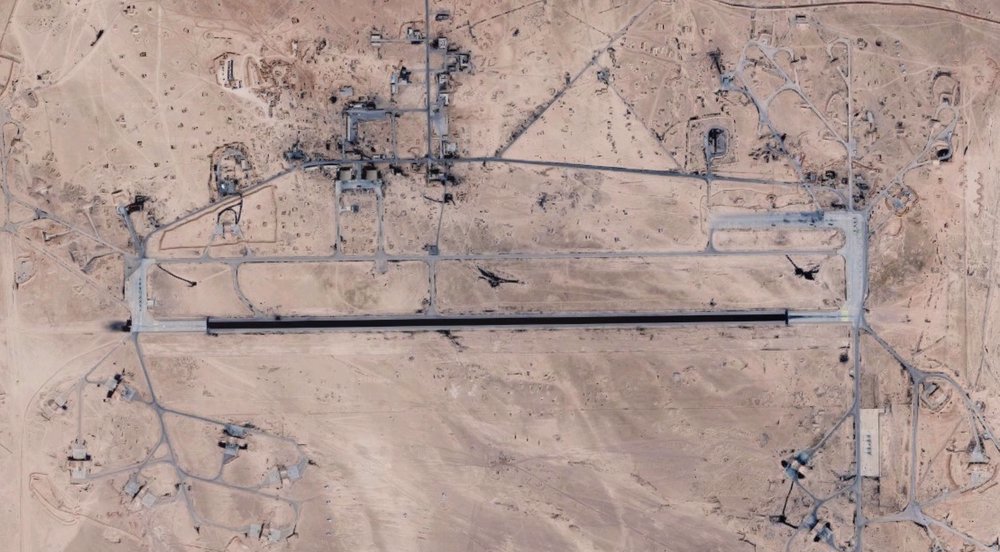
Turkey readies plans to take over Syria’s T4 airbase: Report
VIDEO | Press TV's news headlines
VIDEO | Paris rally condemns Israel, decries killing of Palestinian journalists
VIDEO | Italy's Meloni visits US to discuss Trump's tariffs as EU unity at risk
VIDEO | Syria under HTS
1 killed as US keeps up deadly escalation against Yemen
ICC sues Hungary for failing to arrest fugitive Israeli war criminal Netanyahu
VIDEO | Western coverage of Israeli war on Gaza
VIDEO | US's broken commitments


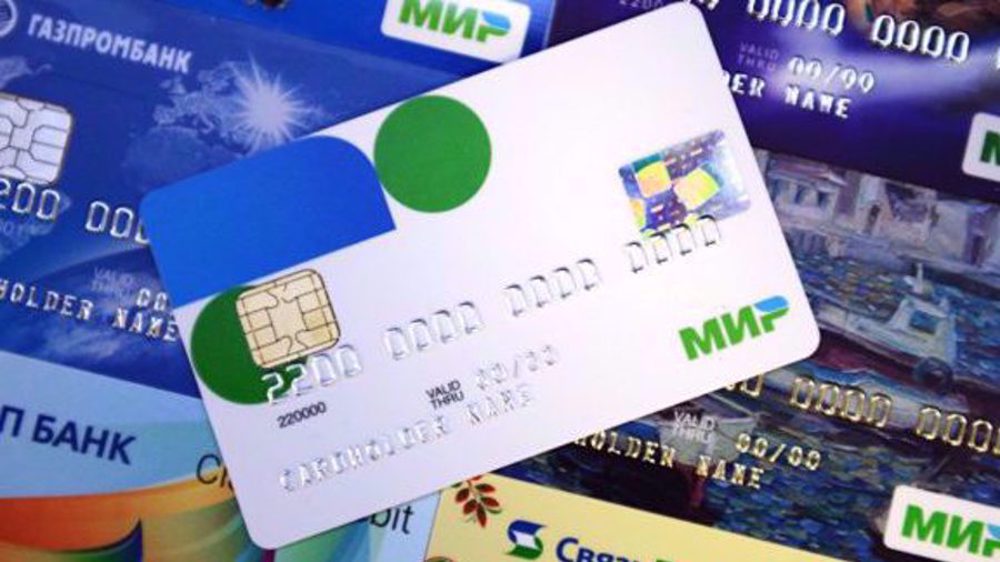



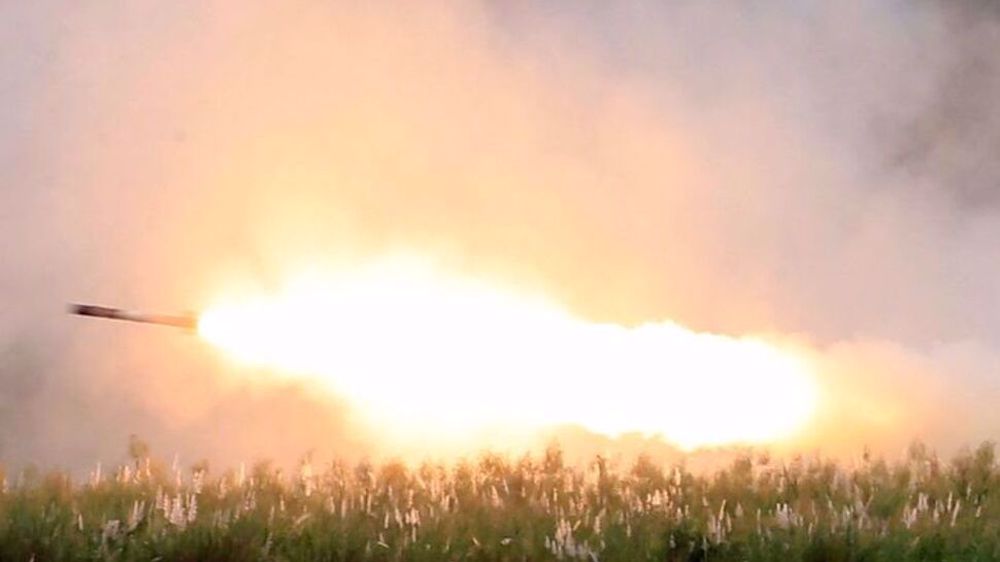
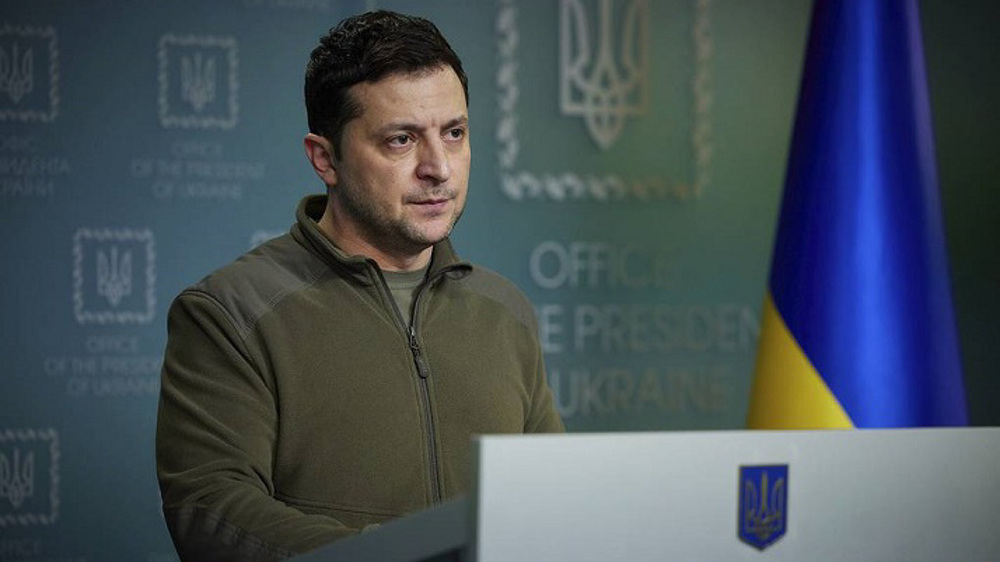
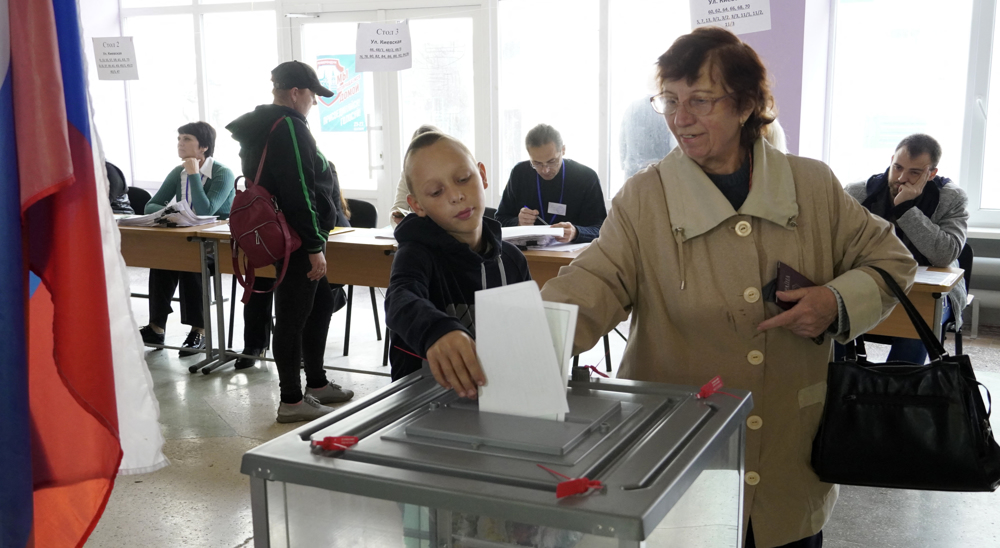
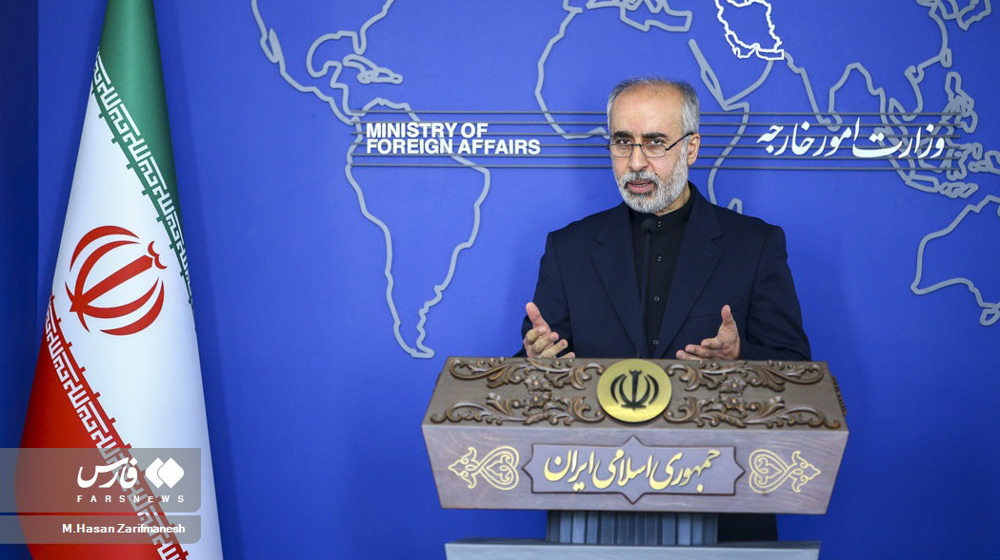
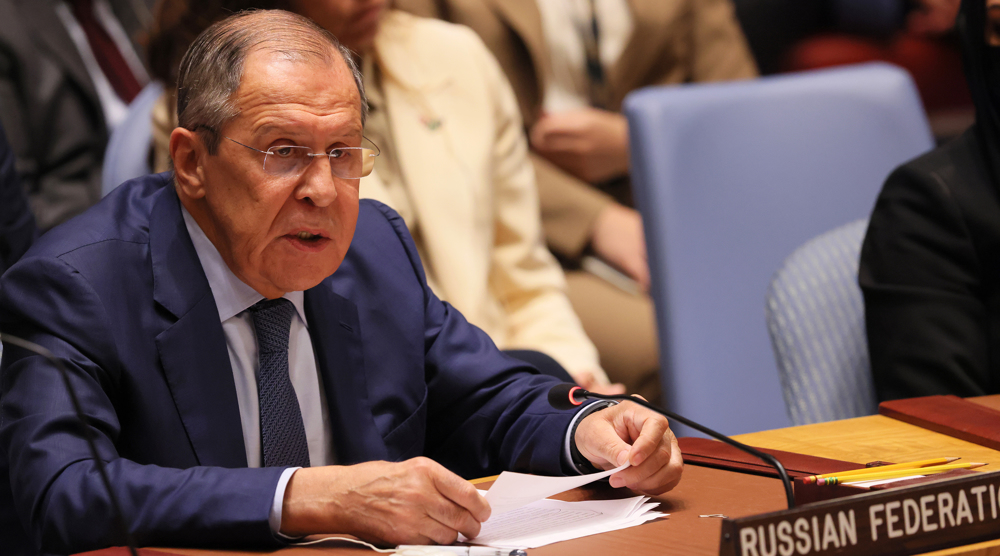
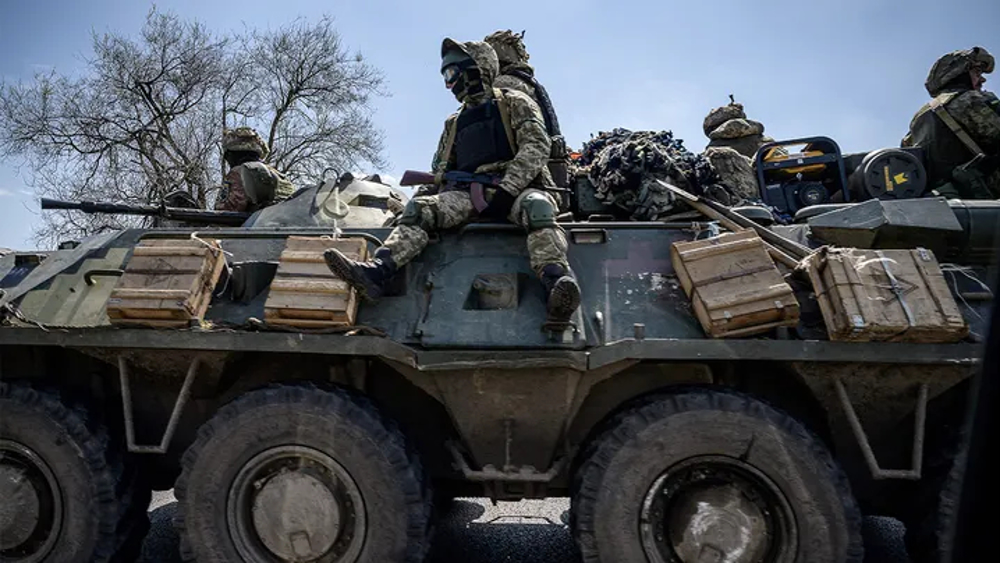
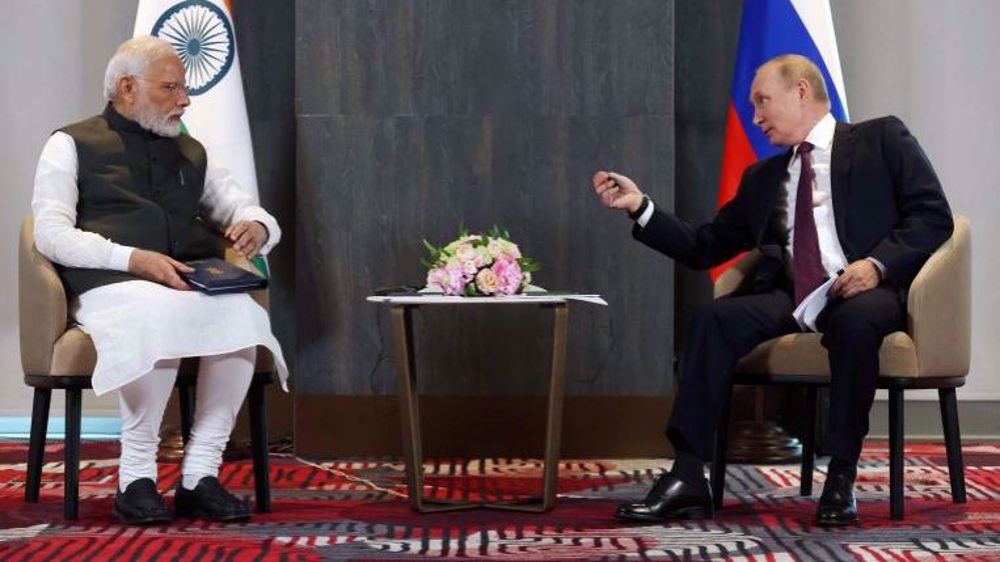
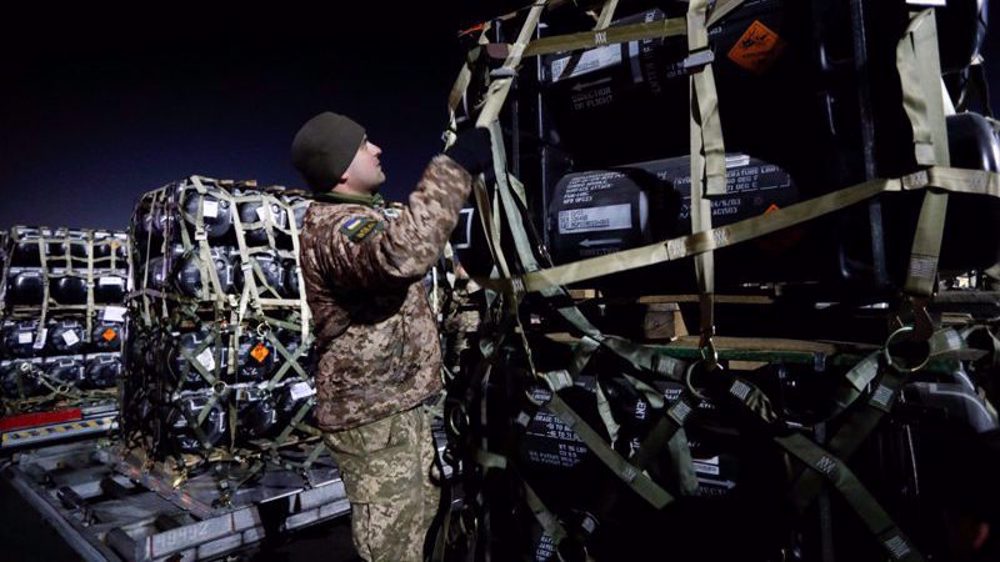

 This makes it easy to access the Press TV website
This makes it easy to access the Press TV website